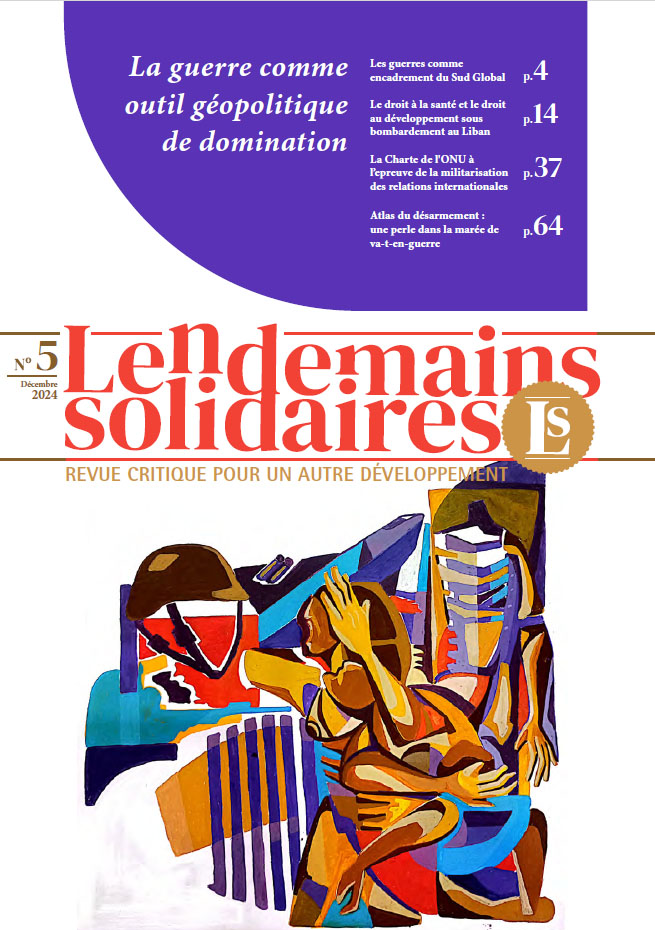CETIM defends victims of human rights violations in the Global South. It supports their representatives in gaining access to and obtaining the intervention of the United Nations protection mechanisms, where required.
Several mechanisms can be activated at the United Nations to get concrete improvements on the ground, in particular the Human Rights Council, the United Nations Special Rapporteurs and the committees that monitor the implementation of the human rights treaties.
CETIM mainly works with peasant organizations, trade unions and organizations representing victims or communities affected by transnational corporations operations.
1. Although the United Kingdom – United States coalition, as occupying power, had absolutely no right over Iraq and its resources, the coalition has privatized the bulk of this sovereign country’s economy then handed it over to foreign corporations in the name of reconstruction. Paul Bremer, the civil administrator of the Coalition Provisional Authority named […]
Continue reading
1. Already more than a century ago, at the 1889 Inter-American Conference in Washington, a proposal was made that Latin American countries integrate their economies into that of the United States. This project, which included a customs union, and, in its more audacious draft, a common currency, ultimately failed. After months of negotiations, the Latin […]
Continue reading
At a time when international attention is focusing on the imminence of a war against Iraq, other serious conflicts have just been put into the background. This is the notorious case of Columbia, a country that suffers from a civil war that seems impossible to resolve. In this South American country, 20 people die daily […]
Continue reading
The right to health is recognised in numerous international instruments on human rights. It is also recognised that the achievement of the right to health is closely related to and dependent upon the realization of other human rights, in particular, the right to food, clean water, sanitation, housing, land, work, education and basic health services2. […]
Continue reading
I. Effects of transnational corporations’ activities and working methods on human rights A. What are transnational corporations? 1. Transnational corporations are private law legal entities with a presence in multiple territorial jurisdictions but with a single decision-making headquarters. 2. Transnational corporations are active in the production of goods and of services – in practically all […]
Continue reading
« Previous
1
…
4
5
6
7
8
9
Next »


